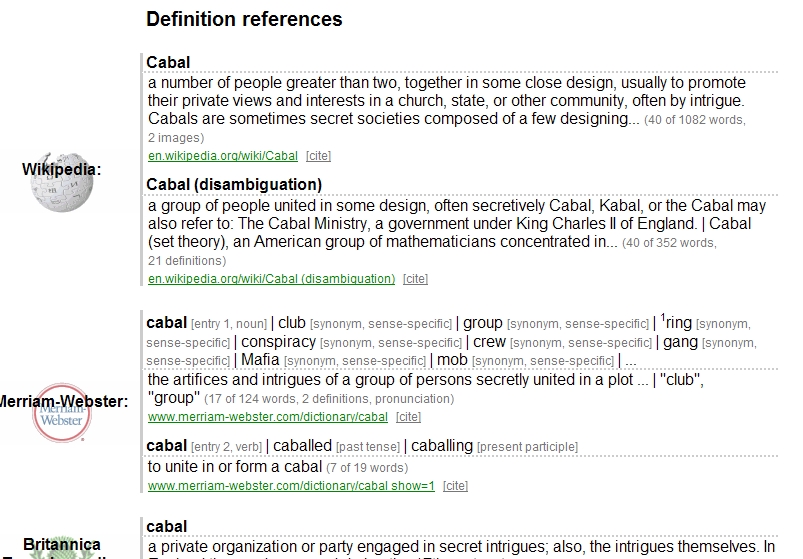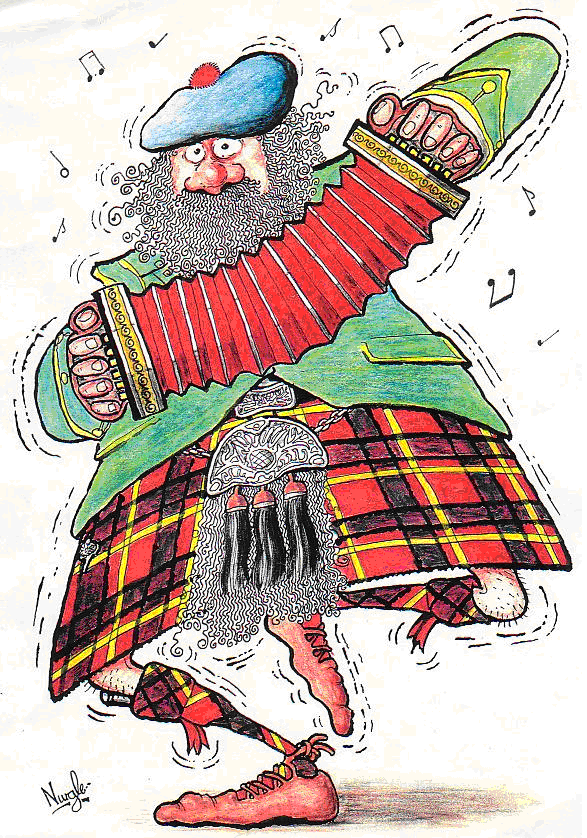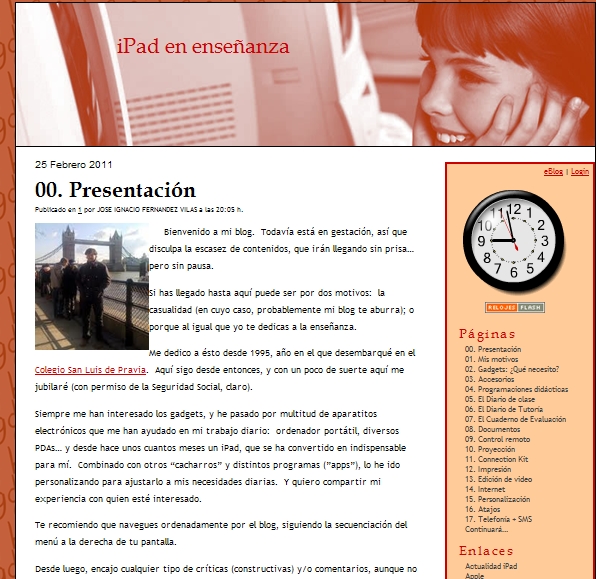I’ve been away for a short school trip and that’s the reason why I haven’t been posting for a week.
Though in my forties, this one has been my first school trip,ever. My father was not a big fan of school trips and me and my sisters were never allowed to go; we were sent to Great Britain or France instead, to study the language under the wings of some religious institution or other. What he didn’t know is that, even under their watchful eyes, I had my fair share of unpleasant and pleasant (if you know what I mean) experiences.
And, in this school trip, and as a teacher, my role was  trying that my students didn’t experience any unpleasant things, which they might think were pleasant enough to try. But, unfortunately, I caught two students red-handed trying to smuggle alcohol into their bedrooms. Pity, they were kept in detention and couldn’t enjoy the disco!
trying that my students didn’t experience any unpleasant things, which they might think were pleasant enough to try. But, unfortunately, I caught two students red-handed trying to smuggle alcohol into their bedrooms. Pity, they were kept in detention and couldn’t enjoy the disco!
In English as in any other language there are countless alternatives to the traditional to get drunk
So, let’s imagine that you and your friends decide to go out on a bender/binge or maybe go pub crawling or bar hopping to get drunk and after two or three beers you are a bit tipsy (slightly drunk) because you challenged one of your friends you could drink him under the table (drink more than him without getting drunk)and then you realized you could not hold your drink (drink without getting drunk) and that he drinks like a fish. So, you decide to go home but your friends decide to go on drinking and after two hours they are loaded /wasted/gone/slushed/hammered/legless/plastered or pissed and one of them starts to puke/spew/gag/chunder/barf, which is quite disgusting.
You phone your friend in the morning and find out he can’t even talk to you because he’s got the worst hangover and needs to take an alka-setzer and get some more sleep.
Do you know any other expressions ?


 important for me at that time. I can’t tell you, without running the risk of lying, the time I spent staring at her mouth trying to see what my ears couldn’t hear but in the end, I convinced myself that she was saying something on the line of “three for a bunch” , but to be completely honest, I think I tricked myself into believing I could finally understand the Scottish accent!
important for me at that time. I can’t tell you, without running the risk of lying, the time I spent staring at her mouth trying to see what my ears couldn’t hear but in the end, I convinced myself that she was saying something on the line of “three for a bunch” , but to be completely honest, I think I tricked myself into believing I could finally understand the Scottish accent!
 trying that my students didn’t experience any unpleasant things, which they might think were pleasant enough to try. But, unfortunately, I caught two students red-handed trying to smuggle alcohol into their bedrooms. Pity, they were kept in detention and couldn’t enjoy the disco!
trying that my students didn’t experience any unpleasant things, which they might think were pleasant enough to try. But, unfortunately, I caught two students red-handed trying to smuggle alcohol into their bedrooms. Pity, they were kept in detention and couldn’t enjoy the disco!